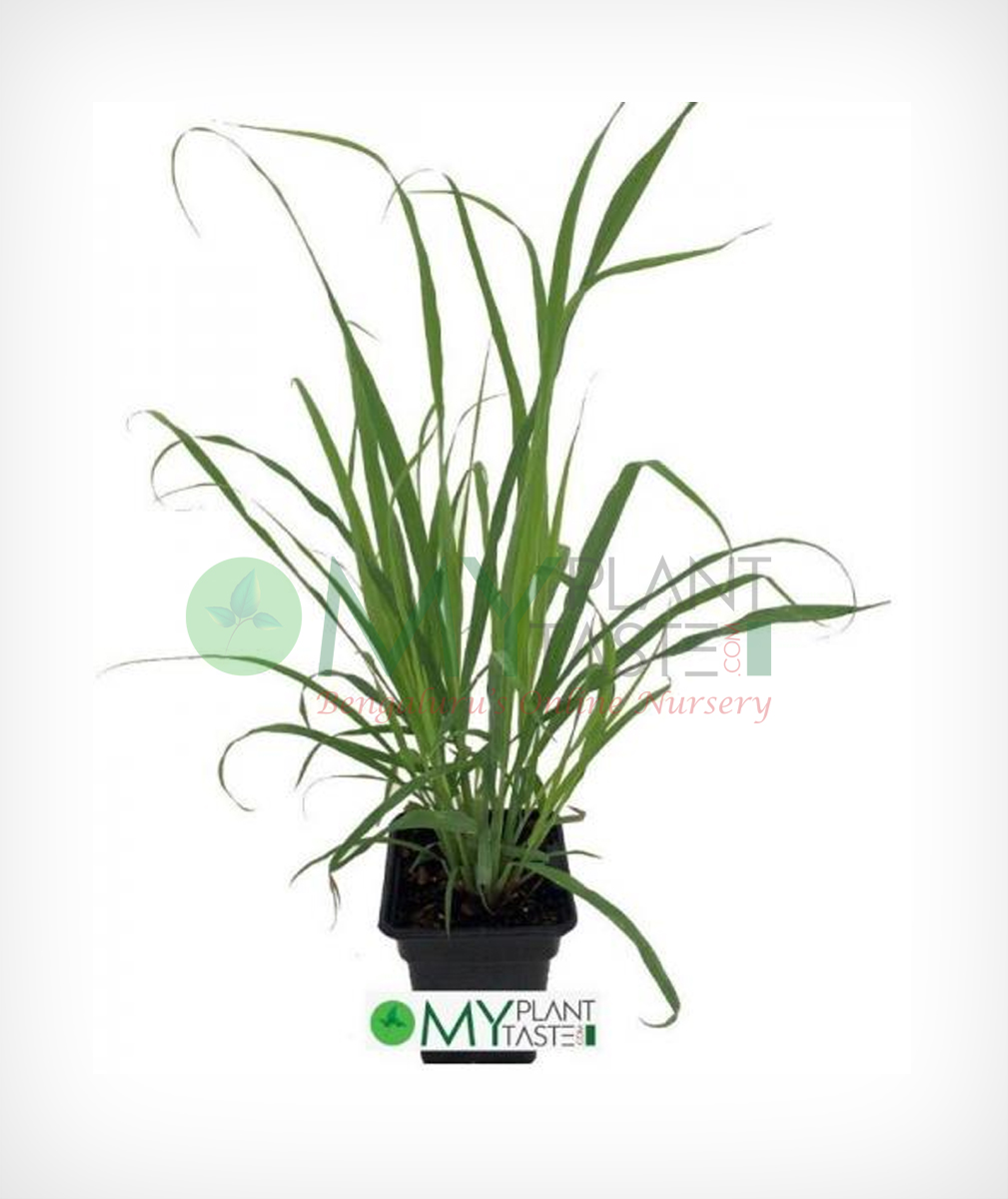- Empty cart.
- Continue Shopping
“Lemon Grass: A Versatile Herb with Surprising Benefits and Fascinating Facts”

Welcome to our blog, where we explore the wonderful world of lemon grass! This aromatic herb, scientifically known as Cymbopogon citratus, not only adds a unique flavor and fragrance to culinary delights but also offers a range of health benefits. In this article, we will delve into the numerous advantages of lemon grass, along with essential plant care tips and some intriguing fun facts. Let’s embark on this citrus-scented journey together!
The Benefits of Lemon Grass
A Natural Digestive Aid: Lemon grass has long been recognized for its digestive properties. It helps alleviate common digestive issues like bloating, indigestion, and stomach cramps. Prepare a soothing cup of lemon grass tea after a heavy meal to ease discomfort.
Immune System Booster: Packed with antioxidants, lemon grass supports a healthy immune system. It helps combat free radicals, reduces inflammation, and assists in fighting off infections.
Stress Relief and Improved Sleep: The calming aroma of lemon grass has a positive effect on the mind and body. Its essential oil can promote relaxation, reduce anxiety, and aid in achieving a restful sleep.
Anti-Inflammatory Properties: Lemon grass contains compounds that possess anti-inflammatory properties, making it beneficial for individuals suffering from arthritis or other inflammatory conditions.
Fresh Breath and Oral Health: Chewing on lemon grass stalks can naturally freshen your breath. It also possesses antibacterial properties that help maintain oral hygiene and prevent gum problems.
Lemon Grass Plant Care Tips
Choosing the Right Location: Lemon grass thrives in full sun, so select a sunny spot in your garden or place your potted plant where it receives at least 6-8 hours of sunlight daily.
Soil and Watering: Ensure well-draining soil with a slightly acidic to neutral pH. Water the plant regularly, allowing the top inch of soil to dry out between waterings. Be careful not to overwater, as it can lead to root rot.
Fertilization: Lemon grass benefits from organic fertilizers like compost or slow-release granules. Apply the fertilizer every few months during the growing season, but avoid excessive feeding.
Pruning and Harvesting: Regular pruning helps maintain the plant’s shape and encourages fresh growth. Harvest the outer leaves by cutting them close to the base, leaving a few inches for regrowth.
Fascinating Fun Facts about Lemon Grass
Citrusy Aroma: Lemon grass derives its name from its distinct lemony scent. When crushed or bruised, the leaves release an invigorating fragrance reminiscent of citrus fruits.
Culinary Versatility: Lemon grass is widely used in various cuisines, particularly in Asian and Caribbean dishes. It imparts a lemony flavor to curries, soups, stir-fries, and herbal teas.
Repellent Properties: The essential oil of lemon grass contains citronella, which acts as a natural insect repellent. It helps deter mosquitoes and other pesky bugs, making it an excellent choice for outdoor gatherings.
Medicinal Traditions: Lemon grass has been used in traditional medicine for centuries. In Ayurveda, it is believed to balance the body’s three doshas (Vata, Pitta, and Kapha) and treat ailments like fever, coughs, and colds.
Conclusion:
Lemon grass is more than just a culinary delight; it offers a range of health benefits, possesses remarkable insect-repellent properties, and adds a refreshing touch to your garden. By following the plant care tips mentioned above, you can enjoy a thriving lemon grass plant and harness its




